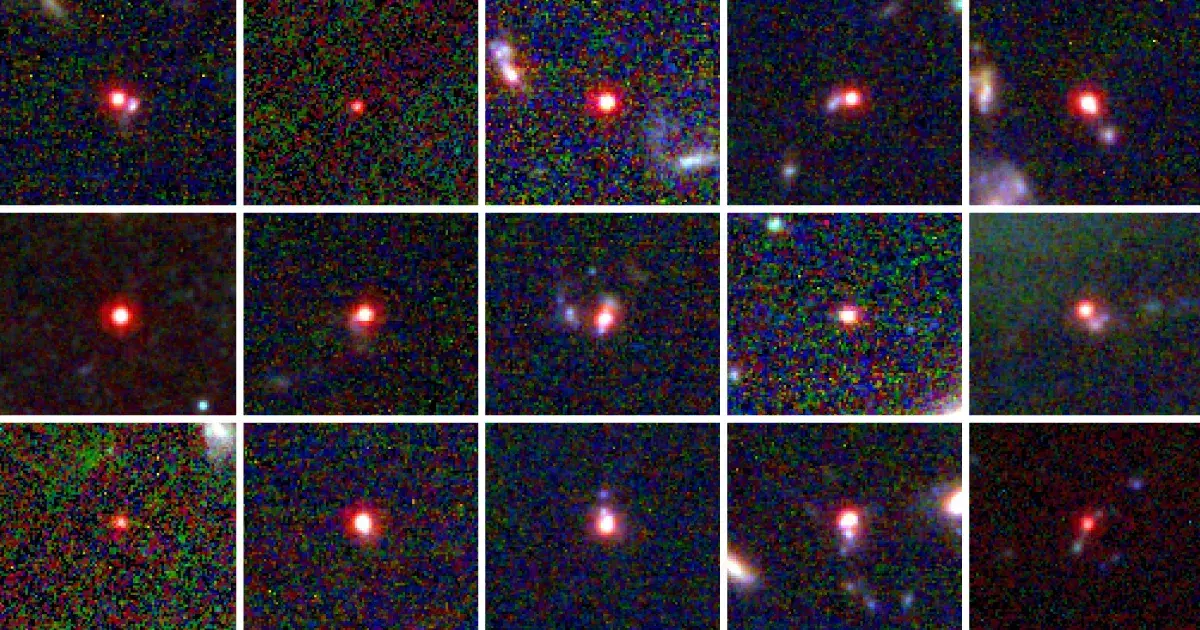Observations from the James Webb Space Telescope have revealed a surprising number of young galaxies containing massive black holes at their centers, churning up the gas within only a few hundred million years after the Big Bang. Spectroscopic data indicates that these “hidden little monsters” harbor black holes weighing millions of solar masses. The abundance of growing baby black holes challenges theories about how supermassive black holes could have formed so early in the universe’s history. While astrophysicists expected JWST to find some early black holes, the sheer number uncovered has shocked astronomers and could rewrite models of galaxy and black hole formation. If confirmed, these observations suggest that massive black holes may have grown much faster than previously believed possible in the infant universe.



Under this very article you provided you can read, at criticism :
At a conference in 2015, Penrose said :
Please read about this guy :
I read much more than the average person about it and my experience & education allows me to know how scientific research works. The fact is, not only inflation but Lambda CDM is dead.
There is a lot more to say about it.
With all due respect to Penrose – who is indisputably brilliant – in probability when you start to say things like, “X is
10^10^100times more likely than Y,” it’s actually much more likely that there’s some flaw in your priors or your model of the system than that such a number is actually reflective of reality.That’s true even for really high probability things. Like if I were to claim that it’s
10^10^100times more likely that the sun will rise tomorrow than that it won’t, then I would have made much too strong a claim. It’s doubly true for things like the physics of the early universe, where we know our current laws are at best an incomplete description.I think what’s great with Penrose is that he doesn’t care about money or politics, which are major factors guiding what other physicists will say.
He already proved himself and doesn’t need to argue about pity things. He can even allow himself to make some jokes about 10(10100) or talk seriously about it… I wouldn’t know.
Finally, if I add the immense chance of talking to him this wouldn’t be my preferred topic.
Penrose is also pretty controversial. I didn’t know he was dead-set against standard cosmology but I’m not surprised.
Most cosmologists still assumed it up until JWST started throwing spanners into the works. Notice the tone the Wiki article takes, it uses words like “believed” instead of “proposes”. I’m curious what Penrose prefers.
Edit: It looks like he prefers his own Weyl curvature hypothesis, which I’ll have to read up on. This is his field so he gets to have big ideas.